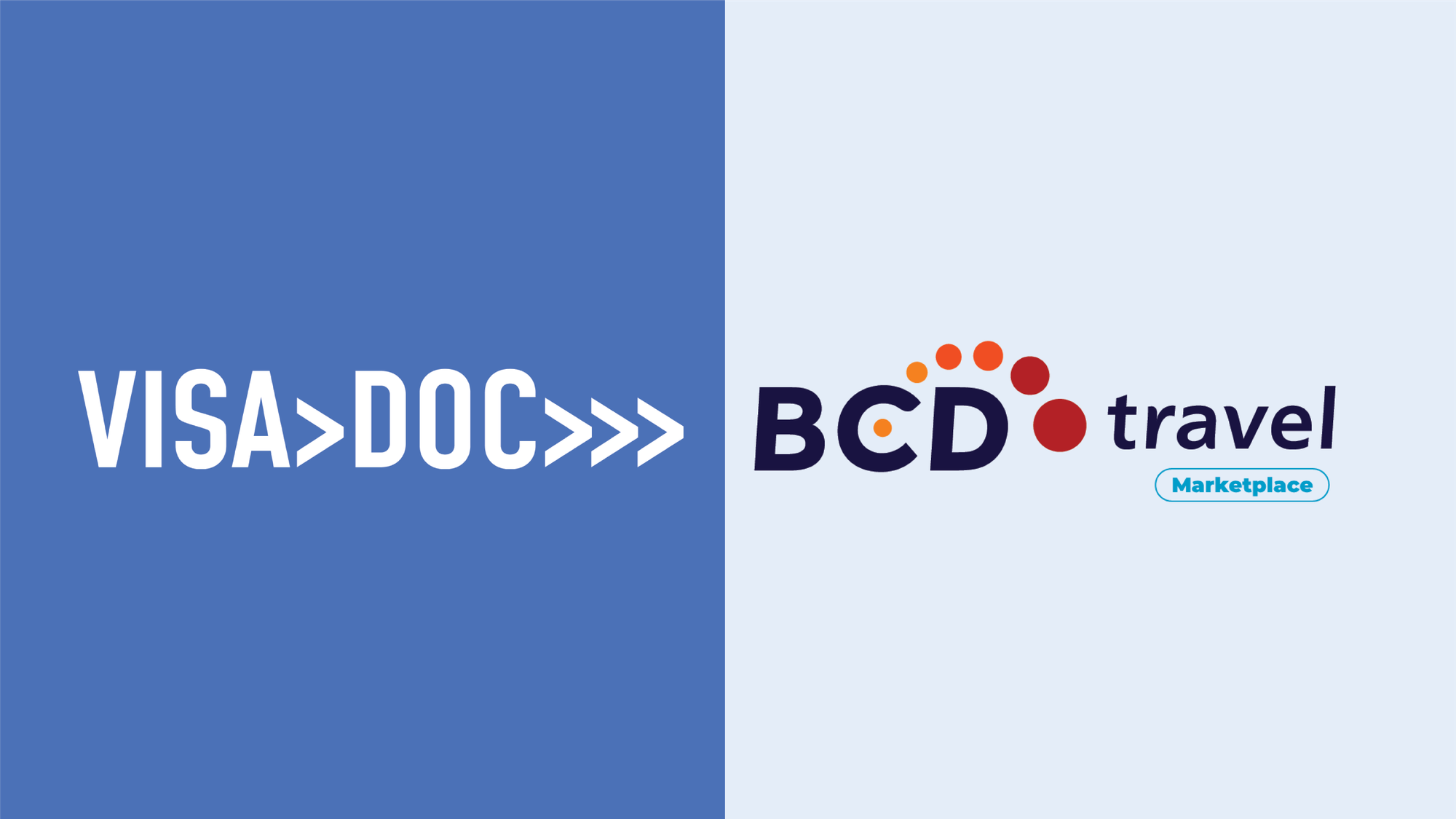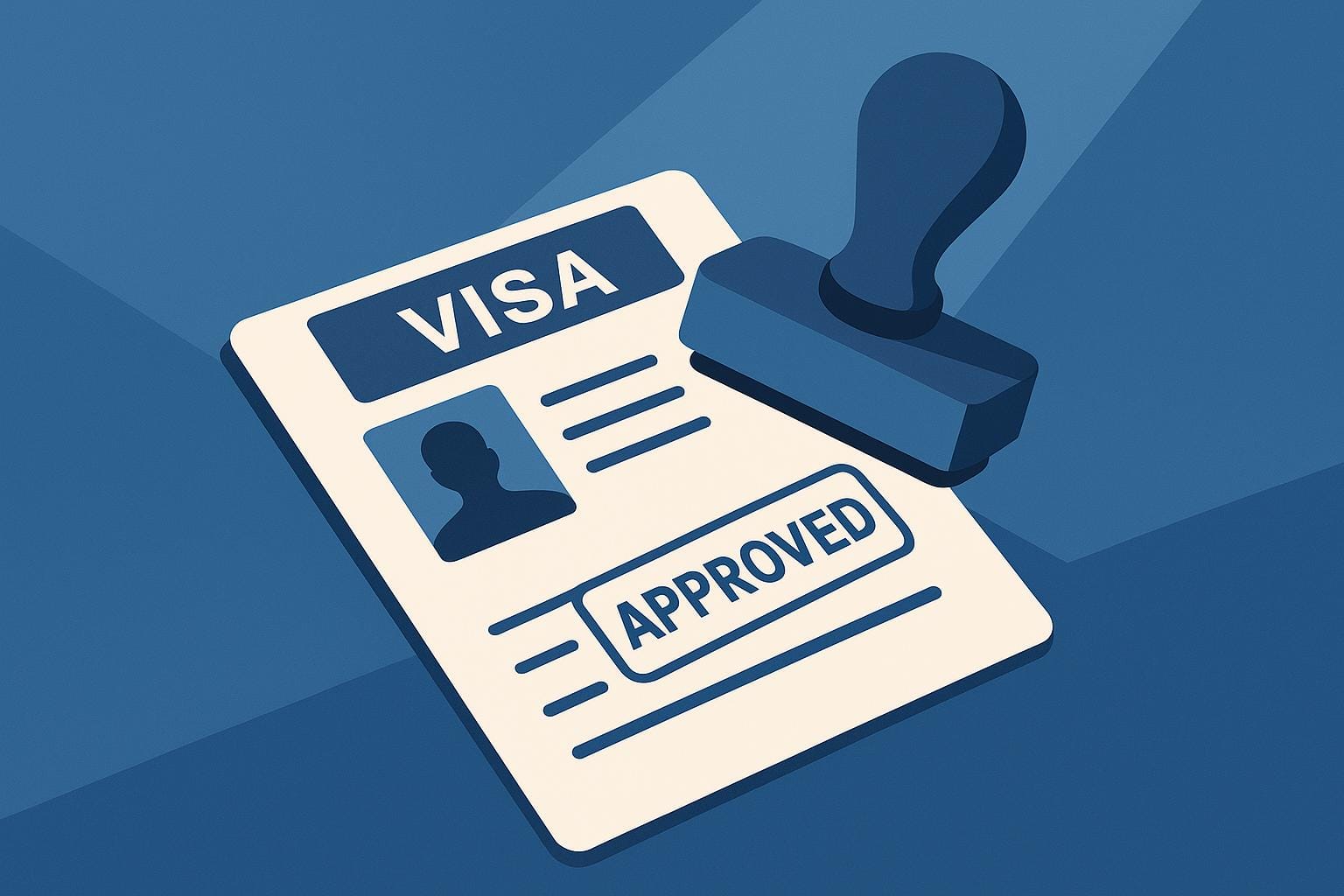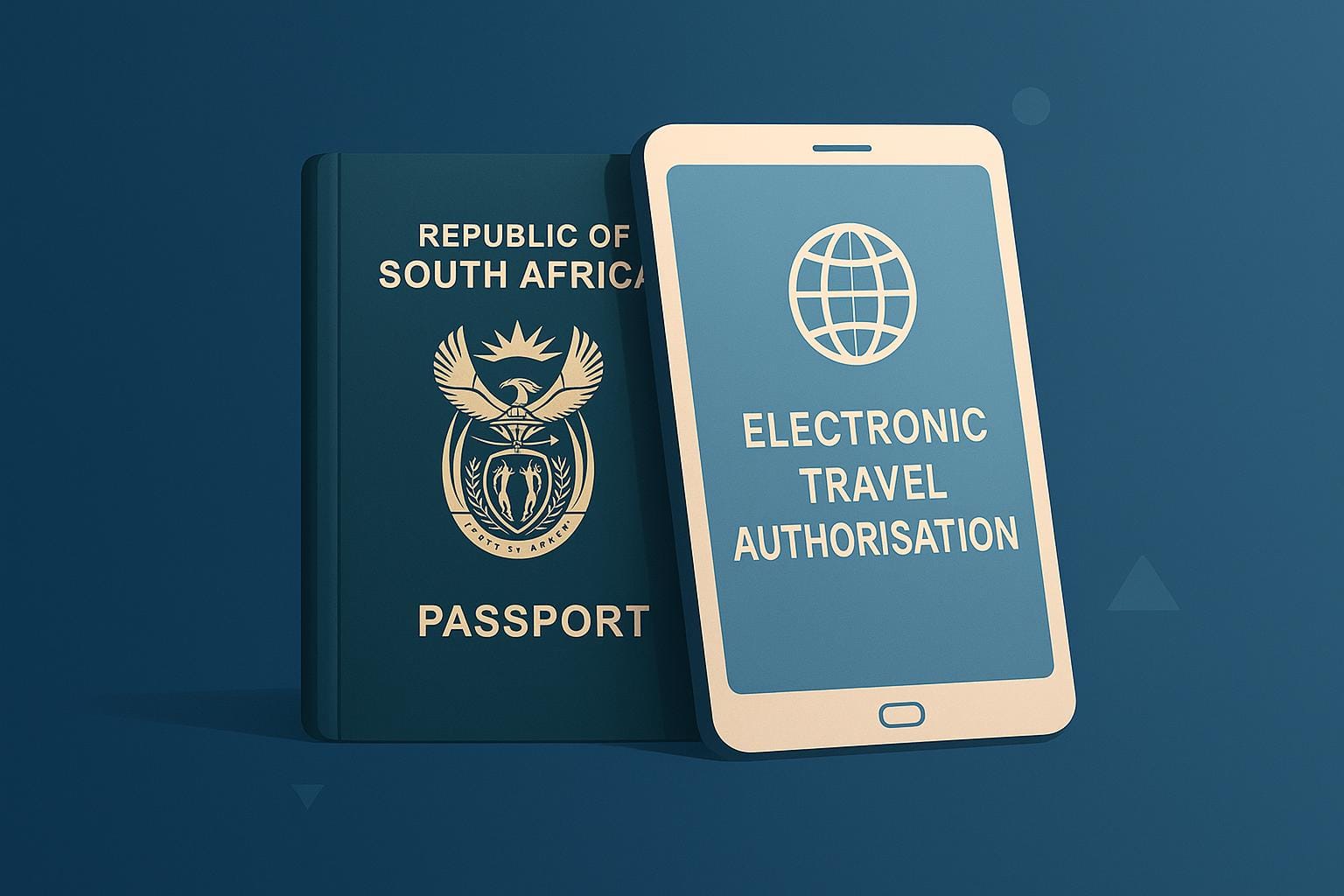Need to send UK employees to Mexico? Choosing between Mexico's Corporate Training Visa and Business Visitor Status is crucial to avoid fines, deportation, and delays. Here's what you need to know:
- Business Visitor Status: Ideal for trips under 180 days. Covers meetings, training, and facility tours. No payment from Mexican sources allowed.
- Corporate Training Visa: For stays over 180 days. Allows work-related training and may include paid activities. Requires employer sponsorship and detailed documentation.
Quick Comparison:
| Aspect | Business Visitor Status | Corporate Training Visa |
|---|---|---|
| Duration | Up to 180 days | Over 180 days |
| Payment | No Mexican payment | May allow paid work |
| Work Authorisation | Not required | Required |
| Application Process | Simplified/visa waiver | Embassy/consulate required |
Key Takeaway: Short visits? Use Business Visitor Status. Long-term training? Opt for the Corporate Training Visa. Proper planning ensures compliance with Mexican immigration rules.
Corporate Training Visa: Complete Guide
Mexico's Corporate Training Visa is a Temporary Resident Visa designed for training programmes that last longer than 180 days. It’s ideal for individuals participating in intensive, long-term training initiatives in Mexico.
Eligibility Requirements
The Corporate Training Visa is intended for professionals involved in extended training programmes with Mexican organisations. A key requirement is employer sponsorship, as companies must secure authorisation from the National Institute of Migration (INM) before employees can apply for the visa. This ensures that the training programme justifies the need for a foreign national, given that business visitor status is limited to shorter durations.
To qualify, applicants must have a valid employment relationship with a company operating in Mexico. The training programme should align with the applicant’s qualifications and the business objectives of the sponsoring company.
Employers must also hold a certificate of registration as an employer with the INM. This certificate confirms the company’s legitimacy and compliance with Mexican immigration and labour laws.
Once eligibility is established, the next step is to navigate the application process.
Application Steps
After confirming eligibility, the following steps outline how to secure the visa:
Step 1: INM Authorisation
The sponsoring employer must submit an application to the INM for authorisation to host the foreign trainee. This step typically takes 2 to 6 weeks to process.
Step 2: Consular Application
Once INM approval is granted, the applicant must apply for the visa at the Mexican consulate in their home country. Required documents include a completed visa application form, a valid passport, a copy of the migratory document, photo ID, an invitation letter from the Mexican organisation, and proof of finances, education, and employment.
Step 3: Interview and Biometrics
Applicants attend an interview at the consulate and provide biometric data. During this stage, the consular officer reviews the training programme details and evaluates the applicant’s qualifications.
Step 4: Entry and Registration
After receiving visa approval, the applicant must travel to Mexico and register at a local immigration office within 30 days of arrival. This registration process results in the issuance of a temporary resident card, which serves as the trainee’s primary identification during their stay.
It’s important to begin the application process early, as processing times can take up to 6 weeks.
Compliance Rules
Once the visa is granted, strict adherence to immigration rules is required. Visa holders are only permitted to engage in activities authorised under the visa, ensuring that their work aligns with the approved training programme.
The INM has the authority to inspect companies to confirm that the information provided during the application process remains accurate. Employers must update their tax return filings annually with the INM to maintain their registration status. This ongoing compliance is critical to remaining in good standing with Mexican authorities.
For training programmes that involve paid activities, employers must also comply with workforce composition regulations. According to Article 7 of the Federal Labour Law, at least 90% of the workforce must be Mexican, unless the foreign worker possesses specialised expertise not available locally.
Additionally, companies are required to maintain detailed records of training activities, progress, and outcomes. These records help demonstrate compliance during INM inspections and validate the legitimacy of the programme.
Unlike business visitor status, the Corporate Training Visa offers the possibility of transitioning to permanent residency, providing greater flexibility for long-term professional development in Mexico.
Adhering to these rules ensures compliance with Mexican immigration laws and supports the success of both the training programme and the sponsoring organisation.
Business Visitor Status: Rules and Limits
Business Visitor Status simplifies short-term corporate visits to Mexico but comes with strict regulations. This status relies on the Multiple Immigration Form (FMM) for stays of up to 180 days, and visitors are prohibited from receiving payment from Mexican sources during their visit.
Allowed Activities
Business Visitor Status permits only unpaid business-related activities. These include attending meetings with Mexican partners, clients, or subsidiaries to discuss projects or strategies. Executives can also engage in commercial transactions and negotiate contracts with local businesses.
Other permitted activities include providing technical assistance, attending professional events, conducting independent research, touring facilities, and purchasing goods for export.
Time Limits and Restrictions
The key restriction under Business Visitor Status is the maximum stay of 180 days. However, immigration officials now have greater discretion to determine the duration based on the visit's purpose. For instance, if the visit is for a five-day meeting, the permit may be limited to those five days.
Visitor permits cannot be extended or renewed, so careful planning is crucial. If business needs exceed the approved duration, visitors must leave Mexico and reapply or explore other immigration options. Earning income from Mexican sources is strictly forbidden. Immigration officials may also conduct interviews and request supporting documents such as invitation letters, accommodation details, or return flight information to confirm the visit's purpose.
These restrictions naturally lead businesses to consider alternative entry options, which are outlined below.
Visa Waiver and Simple Entry Options
For businesses aiming to streamline travel, Mexico offers several simplified entry options. For example, holders of an APEC Business Travel Card benefit from expedited clearance, enhancing the efficiency of Business Visitor Status. Additionally, visa waiver programmes allow travellers with valid visitor visas from the United States (B1/B2), United Kingdom, Canada, Japan, or Schengen Area countries to enter Mexico without needing a separate Mexican visa.
Nationals who can prove lawful permanent residence in Canada, the United States, Japan, the United Kingdom, or a Schengen Area country, as well as citizens of Pacific Alliance countries (Chile, Colombia, and Peru), are also exempt from visa requirements. Moreover, Mexico is transitioning from paper FMM forms to passport stamps, part of a digital shift aimed at reducing paperwork while maintaining accurate immigration records. For those who need it, a single-entry business visa is available, allowing a 30-day stay within a 180-day validity period.
These streamlined processes make Business Visitor Status a practical choice for companies managing frequent short-term business activities in Mexico, as long as all activities remain unpaid and within the permitted time limits.
How to Choose the Right Option
When deciding between Mexico's Corporate Training Visa and Business Visitor Status, it's essential to weigh three critical factors. These considerations not only affect your employee's eligibility but also play a significant role in ensuring your company remains compliant with local regulations.
Length and Purpose of Stay
The duration and purpose of your employee's visit are key. For stays of up to 180 days, Business Visitor Status is suitable. This status covers activities like attending meetings, purchasing goods for export, touring facilities, or participating in short-term training sessions.
However, if the role involves daily operations, managing local teams, or tasks beyond knowledge transfer, a Corporate Training Visa is required. This visa is essential for employees integrated into day-to-day activities or those performing duties that extend beyond the scope of short-term business objectives.
Tax and Payment Considerations
Tax compliance and payment arrangements are equally important. Employees under Business Visitor Status cannot receive any form of Mexican-sourced payment, including salaries, bonuses, allowances, or expense reimbursements from Mexican entities. If a Mexican subsidiary, partner, or client will provide compensation - even for a short stay - a Corporate Training Visa is mandatory.
Taxation rules also differ between the two options. Non-residents are taxed only on Mexican-sourced income, while residents are taxed on their worldwide earnings. For Business Visitor Status, employees can continue receiving their regular UK salary while conducting approved activities in Mexico. However, it's crucial to ensure that no additional payments, such as per diems or allowances, are issued from Mexican sources during their visit.
Non-Compliance Risks
Using Business Visitor Status for tasks requiring work authorisation can lead to serious legal consequences. Common violations include assigning visitors to ongoing operational roles, allowing them to receive local compensation, or extending their stay without proper documentation.
Mexico takes local employment protection seriously. According to Article 7 of the Federal Labour Law, companies must ensure that at least 90% of their workforce consists of Mexican nationals. Technical and professional roles are generally reserved for locals, with exceptions made only for temporary foreign workers in limited proportions.
To avoid potential issues, regular compliance audits are essential. If there's uncertainty about whether specific activities require work authorisation, consulting with immigration experts can help clarify requirements. Missteps, such as misusing Business Visitor Status, can result in severe penalties and reputational damage.
Recommendations for HR Teams
To navigate the complexities of Mexican immigration laws, HR teams should adopt structured processes to ensure compliance with both immigration and labour regulations. Here's how HR teams can streamline their efforts:
Before any travel, it's essential to confirm the duration of the visit, the nature of the activities involved, and whether any compensation will come from Mexican entities (such as reimbursements, allowances, or bonuses). Keeping detailed records of these details will help avoid potential legal pitfalls.
Employees should be made aware of the limitations tied to their immigration status. For instance, those under Business Visitor Status cannot stay beyond 180 days or change their activities without proper authorisation.
Each visa category comes with specific documentation requirements. For example:
- Business Visitor Status: Requires proof of UK employment, return travel arrangements, and evidence that no compensation will be received from Mexican sources.
- Corporate Training Visas: Require a comprehensive training programme, sponsorship letters, and proof of established business ties between the entities involved.
Compliance doesn't stop at the border. It's vital to monitor activities continuously, not just at entry points. Regular internal audits can flag when business activities have shifted beyond their initial scope, indicating the need for a visa status update. This proactive approach helps avoid complications down the line.
Additionally, HR teams should establish clear emergency protocols to handle unexpected changes, like project extensions or shifts in scope. Having these procedures in place reduces the risk of non-compliance and ensures quick action when needed.
For ongoing support, tools like VisaDoc can be invaluable. Its compliance tracking features alert HR teams before visa expirations, providing an extra layer of security and helping maintain adherence to immigration laws.
Conclusion and Final Recommendations
Main Points
Deciding between Mexico's Corporate Training Visa and Business Visitor Status requires careful consideration of three key aspects.
1. Duration of stay is critical. If your visit is under 180 days, Business Visitor Status typically applies. For longer stays, a Corporate Training Visa is mandatory. Mexican authorities enforce this distinction strictly.
2. Payment regulations are non-negotiable. Business Visitor Status only allows unremunerated activities. Any payment sourced from Mexico requires obtaining a Corporate Training Visa.
3. The nature of activities takes precedence over job titles. While job titles can be ambiguous, the actual activities undertaken matter most. Hands-on training or operational tasks are prohibited under Business Visitor Status, making precise classification essential from the start.
The risks of non-compliance are severe. In 2024, Mexico's Instituto Nacional de Migración increased workplace inspections, leading to more fines for undocumented employment. Misclassification can result in deportation, substantial fines, and future immigration complications. Additionally, visa conversion within Mexico is not allowed, making it vital to plan ahead and avoid costly mistakes.
Simplifying Compliance with VisaDoc

With such stringent regulations and high stakes, leveraging technology can make all the difference. VisaDoc's AI-powered platform tackles the core challenges of navigating Mexico's immigration requirements.
By automating 90% of the process, VisaDoc reduces the risk of disruptions that cost businesses around £2.4 billion annually. Considering that 17% of business trips are disrupted due to visa issues, this automation offers a significant safeguard.
VisaDoc’s platform provides real-time tracking and automated updates, giving travel managers the tools they need to avoid last-minute setbacks. For organisations juggling multiple assignments in Mexico, the centralised system simplifies managing the 167,000 nationality-destination-application combinations across global visa requirements. This ensures compliance regardless of the traveller's origin or the visa type required.
The financial benefits are equally compelling. Many companies face fines exceeding £27 million due to visa non-compliance - an issue VisaDoc’s proactive monitoring helps prevent. By combining user-friendly self-service tools with expert support, VisaDoc ensures that your corporate travel to Mexico runs smoothly, efficiently, and in full compliance with regulations.
FAQs
What happens if an employee overstays their permitted time in Mexico under Business Visitor Status?
If an employee stays in Mexico longer than permitted under Business Visitor Status, it can lead to serious issues for both the individual and their employer. Fines can range from $600 to $6,000 MXN (around £30 to £300), depending on how long the overstay lasts. Beyond financial penalties, the employee might face deportation and even a ban on returning to Mexico in the future.
For more severe overstays, the consequences can escalate to travel bans, potentially disrupting future business activities. Adhering to Mexican immigration laws is crucial to avoid these legal and financial complications.
What ensures that a Corporate Training Visa application demonstrates the need for a foreign national in Mexico?
The Corporate Training Visa application process is designed to demonstrate the need for a foreign national by requiring a comprehensive training plan. This plan should clearly detail the specific skills and knowledge the individual will acquire and explain why these are crucial for their role. It must also show that such expertise cannot be easily obtained in the applicant's home country.
Another key requirement is an official invitation from a Mexican organisation. This document serves as confirmation of the training's importance and validates the individual's position within the company. These steps ensure the visa's purpose complies with Mexican immigration laws.
What should HR teams do to stay compliant with Mexican immigration and labour laws when using a Corporate Training Visa?
To comply with Mexican immigration and labour laws while using a Corporate Training Visa, HR teams must ensure that all training activities strictly adhere to the visa’s intended purpose and the guidelines established by Mexico’s National Institute of Migration (INM). For instance, the training should directly relate to the employee’s job and must not involve any tasks considered unauthorised work.
It's also crucial for HR teams to maintain thorough records, including details of training sessions, attendance, and any correspondence with immigration authorities. Regular compliance audits can be a proactive way to identify and resolve potential issues before they escalate. Additionally, seeking advice from legal or immigration professionals can streamline the process and help ensure full compliance with Mexican regulations.
Related Blog Posts
- Supporting Your Employees Through the Visa Process: A Travel Manager’s Guide
- India Business Travel Guide: Visas, Permits, and Cultural Tips for Success
- HR’s Role in Visa Compliance: Training and Tools for Success
- Short-Term Training Delivery in Brazil: Business Visa Categories for Corporate Instructors













